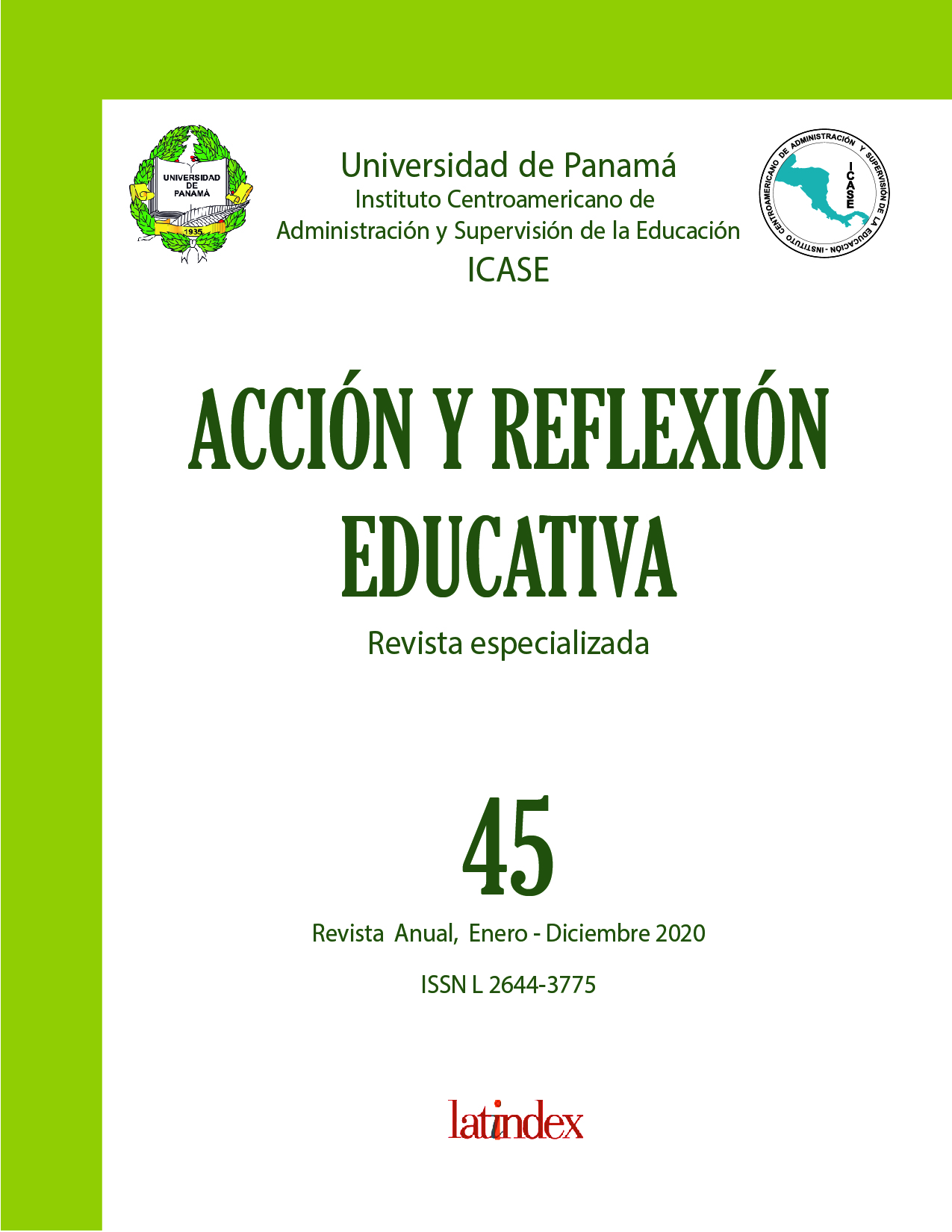

The flipped classroom engages students as active participants in their teaching learning process and promotes the development of digital skills. Our study explores this strategy based on students’ experiences of the master’s degree program in teaching English as a second language (TESOL) at the Quality Leadership University, Panama. A case study research was carried out to examine the perspectives of students who participated in a flipped classroom in two courses of the program. The population from three cohorts completed a voluntary online survey as well as the university end of course evaluations. Results show that students enjoyed their experience with the flipped classroom, the evaluation system and the opportunity to be active participants in their learning process. Students also expressed their interest to replicate a few activities, continue using some digital tools exposed in this class and incorporate others in their personal learning network. Thus, the flipped classroom promotes active and meaningful learning by fostering challenges, interaction and motivation during the teaching learning process.
You may also start an advanced similarity search for this article.